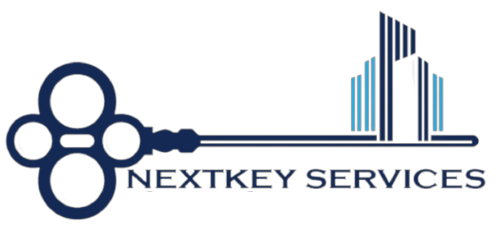Leading with Emotional Intelligence
In conversation with Nikki Fraser . . .
Nikki Fraser works with compassion, empathy, respect, and loyalty. A solution-oriented financial expert, Nikki has over 20-years’ worth of experience in finance, accounting, and risk management.
Nikki leverages her emotional intelligence and technical expertise combined with her business knowledge to achieve first-class solutions. She provides top-notch service to clients and partners by understanding the business that they are engaging in, and a commitment to establishing a business relationship that reflects the truest sense of a partnership.
Nikki, the vast experience in your field has made you an expert at what you do. Yet, instead of leading with your financial expertise, you lead with your emotional intelligence. That’s an interesting approach — tell us how this helps you achieve your goals.
“Let me begin by asking the reader — what percentage of your day do you spend interacting with people, whether professionally, socially, with your partner or spouse or your kids? Except for the 5–8 hours of quiet time, while you’re asleep, I’m pretty confident it’s the majority of the time. And as human beings, we are all subject to emotion. Emotion is defined as a natural instinctive state of mind deriving from one’s circumstances, mood, or relationship with others.
“Emotional intelligence or EQ is defined as the ability to understand and manage your own emotions, as well as recognize and influence the emotions of those around you. To reiterate, EQ is a two-part equation. It’s as much about a person’s ability to manage their own emotions as it is about recognizing the emotions in others. So, as we move through the rest of the interview, I’d encourage people to keep this two-part equation in mind.
“What is equally important to appreciate is that EQ is an authentic behavior, it is not a daily check the box activity. In the world of leadership, EQ must be authentic, it’s about creating genuine relationships that in turn grow into trust and loyalty. The power of leading with emotional intelligence is core to my fundamental belief that caring and building trust with people is what matters most. It is people who get the job done. Sure, they rely on tools, technology, and processes, but it’s the person or team that really matters. If someone isn’t motivated to do their best, the whole endeavor or project won’t flow in the desired direction. That is why working with a high EQ, engaging, supporting, and trusting your team is so crucial.
“A leader needs to be able to motivate her or his team. This is built on strong relationships and trust. All of these qualities stem from respect and working on an individual level. Working in alignment with these basic human traits allows you to understand your colleagues and work effectively. Showing empathy, that is, showing you care and seeing people for who and what they are about, supports that and helps everyone do their job better. Simon Sinek once said, “A team is not a group of people who work together, it’s a group of people who trust each other”, and I think that is a great definition of a team.
“Another important trait is allowing yourself to be vulnerable, which again, creates loyalty and trust. No matter if someone is working below me, beside me, or above me, I never shy away from asking a question or admitting to not knowing something. This comes from a willingness to learn.
“Coming to why emotional intelligence is key on a corporate board — it’s indispensable. At the board room table, you are surrounded by a lot of qualified individuals with hopefully unique or diverse qualifications and opinions. However, being an expert in any field, it’s easy to lose sight of why you are there — for the welfare of the company and its stakeholders. The ultimate goal is to collaborate to get the best solution for the company, not for any one individual.
“Being able to successfully come to such solutions requires trust and respect amongst the board members. These are some of the questions board members (should) ask themselves — which all stem from emotional intelligence:
· Who has the deepest expertise on the matter at hand?
· Are we doing what’s best for the company and the stakeholders?
· Am I taking into consideration the different perspectives which are represented on this board?
· Am I able to identify my own and others’ emotions and how they are influencing the opinions around the table?
· Am I asking the wrong question? Or am I asking the right question but in the wrong way because how you say something matters?
“Often an expert can have a narrow focus — being open to questions and opinions from an outsider can widen horizons.
“No matter how you view leadership and business, emotional intelligence is fundamental to both. The ability to care for those around you, be aware of your strengths and weaknesses, allows you to build meaningful relationships with employees and clients alike. That is why instead of my financial expertise, I approach every situation from an EQ perspective and take it from there.”
Thank you for sharing your approach, Nikki.
You can read the original article here.
